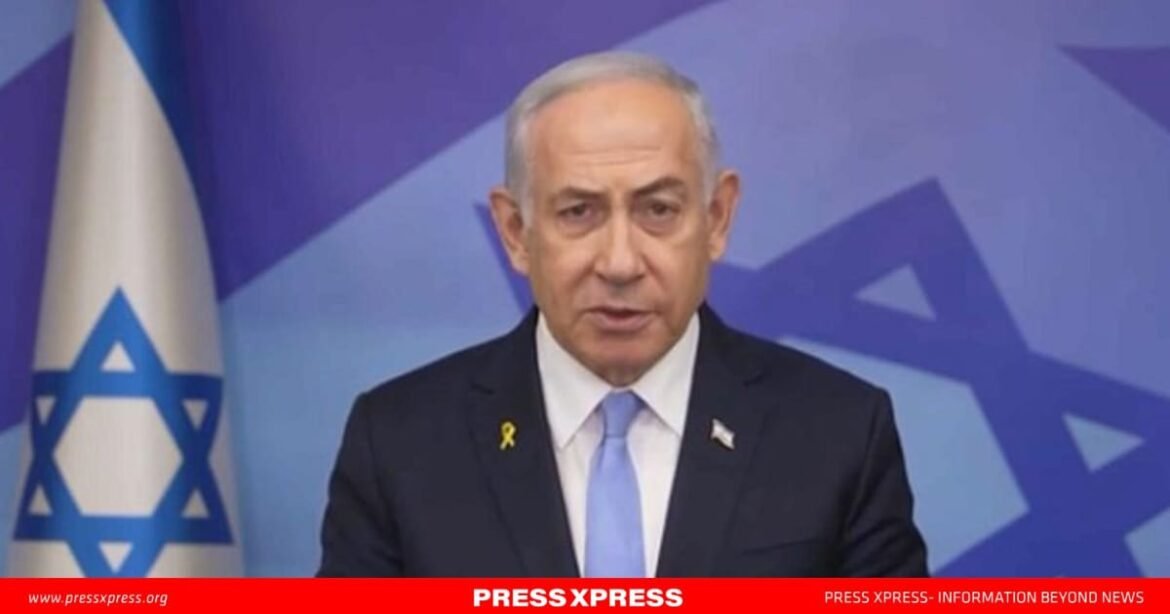Israeli Prime Minister Benjamin Netanyahu now faces the stark reality of limited international mobility following the issuance of an International Criminal Court (ICC) arrest warrant accusing him of war crimes and crimes against humanity in Gaza. The warrant, unprecedented in its scope and implications, has drawn a divided global response, signaling significant challenges for Netanyahu’s leadership and Israel’s standing on the world stage.
Legal and Diplomatic Ramifications
The ICC warrant applies to all 123 member states of the court under the Rome Statute, including key Western allies such as Canada, the United Kingdom, and several European Union nations. While the United States, like Israel, does not recognize the ICC’s jurisdiction, its closest allies have indicated they will honor the legal obligations tied to the warrant.
Canada, a founding member of the ICC, has publicly committed to enforcing the warrant. Prime Minister Justin Trudeau reaffirmed this stance, emphasizing Canada’s dedication to upholding international law:
“This is something we’ve been calling for since the beginning of the conflict,” Trudeau said, reflecting a broader shift in diplomatic tone among traditional allies.
Similarly, the UK, though cautious in its wording, indicated it would comply with its legal duties under the ICC Act of 2001, signaling that Netanyahu could face arrest upon entering the country. Downing Street refrained from commenting on specifics but stressed its commitment to adhering to international and domestic law.
A Split Among Western Allies
While Canada and the UK have leaned toward compliance, other nations remain ambivalent. France and Germany have expressed respect for the ICC’s independence but stopped short of confirming enforcement actions. Meanwhile, conservative-led governments in Hungary, Austria, and Argentina have outright dismissed the warrant, underscoring ideological divisions in international responses.
Switzerland, often neutral in global conflicts, has unequivocally supported the ICC’s mandate, asserting its adherence to the Rome Statute. The Netherlands, which once welcomed Netanyahu with state honors, has also pledged to act if necessary, reflecting a dramatic shift in bilateral relations.
Strains on Israel’s Global Relations
The ICC’s decision has exacerbated Israel’s growing international isolation. The fallout comes as Netanyahu’s government grapples with accusations of disproportionate force in Gaza, a situation worsened by the humanitarian crisis unfolding in the region. Critics argue that the warrant further complicates Israel’s diplomatic efforts to defend its actions in a conflict characterized by escalating civilian casualties.
Netanyahu’s branding of the ICC decision as “antisemitic” has resonated with his domestic supporters but risks alienating international partners. Analysts suggest the warrants may bolster Netanyahu’s appeal among hardline constituents while deepening the rift with traditional allies.
Travel and Diplomatic Constraints
Netanyahu’s ability to travel freely has been severely curtailed. Once a frequent visitor to European capitals, his movements are now constrained by the potential for arrest in ICC member states. Countries like Ireland and Switzerland, which previously maintained amicable relations, have publicly stated their intent to enforce the warrant.
“This marks a pivotal moment for Israel,” said Eli Granot, a Tel Aviv-based political analyst. “For Netanyahu, the question isn’t just about his freedom to travel—it’s about Israel’s standing in a world where legal accountability is becoming unavoidable.”
Global Divisions and Future Implications
The ICC warrants have spotlighted the deep divisions among nations regarding accountability in the Israeli-Palestinian conflict. While some European countries have expressed conditional support for the ICC’s rulings, others have hesitated, reflecting political and economic considerations.
The United States remains a staunch supporter of Israel, with President Joe Biden dismissing the warrant as “outrageous.” However, Canada’s and the UK’s positions mark a potential shift in the attitudes of key allies.
Conclusion
As Netanyahu navigates an increasingly precarious diplomatic landscape, the ICC warrant has profound implications not only for his leadership but also for Israel’s relationships worldwide. With more than 120 countries pledged to uphold the ICC’s authority, Netanyahu’s once-vast diplomatic reach appears to be narrowing—a development that could redefine the contours of Israel’s foreign policy for years to come.


